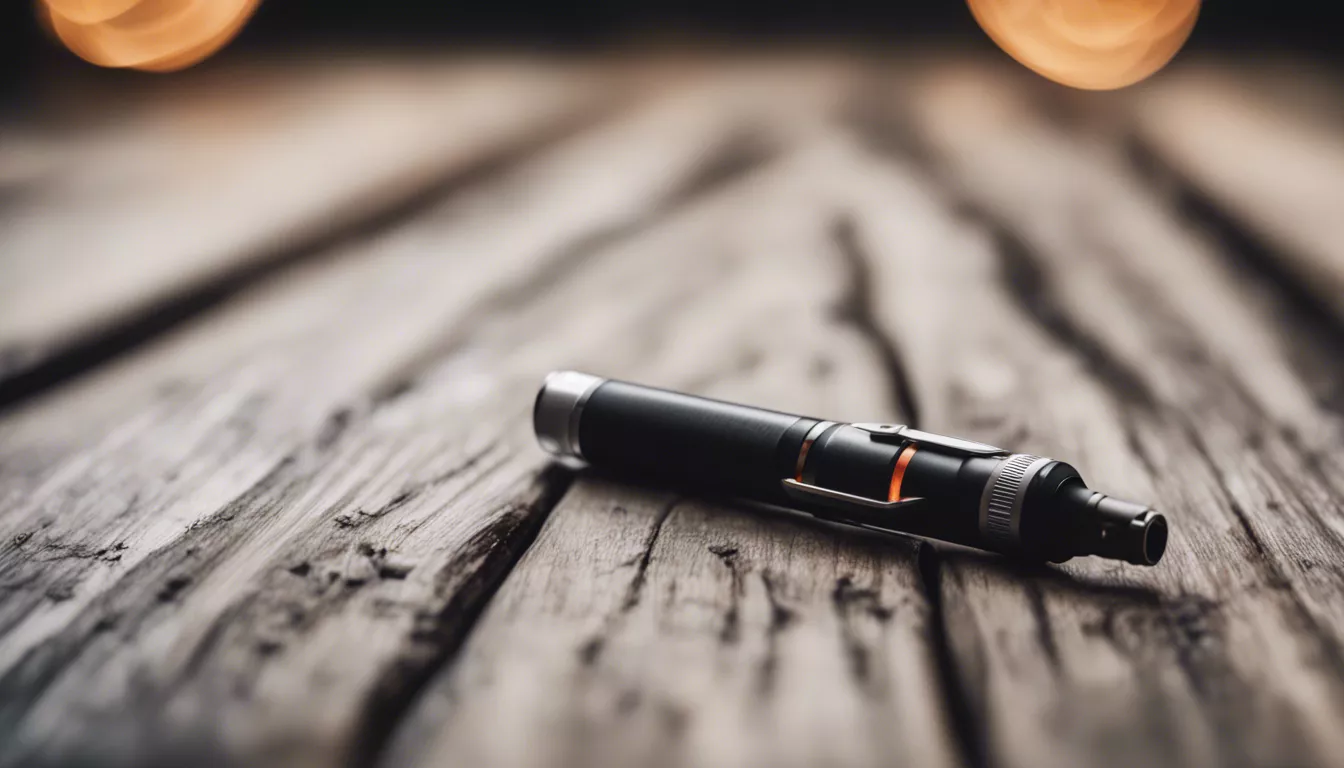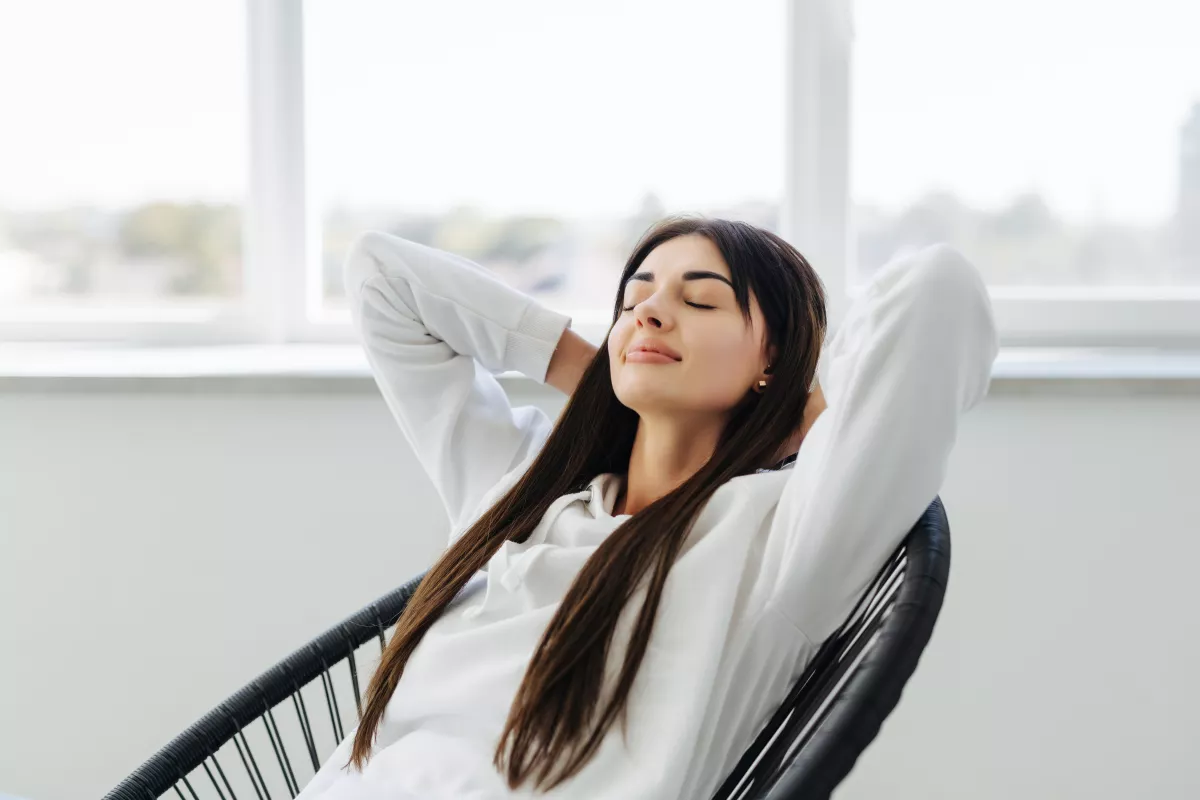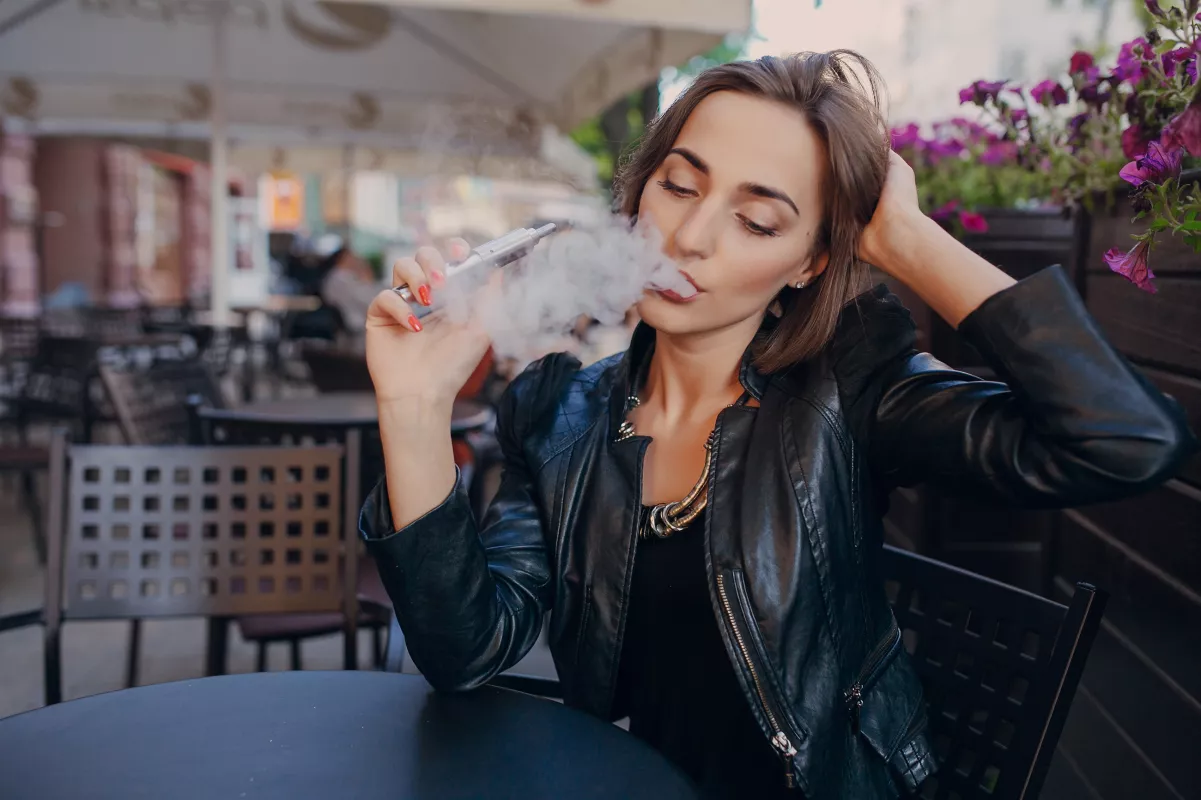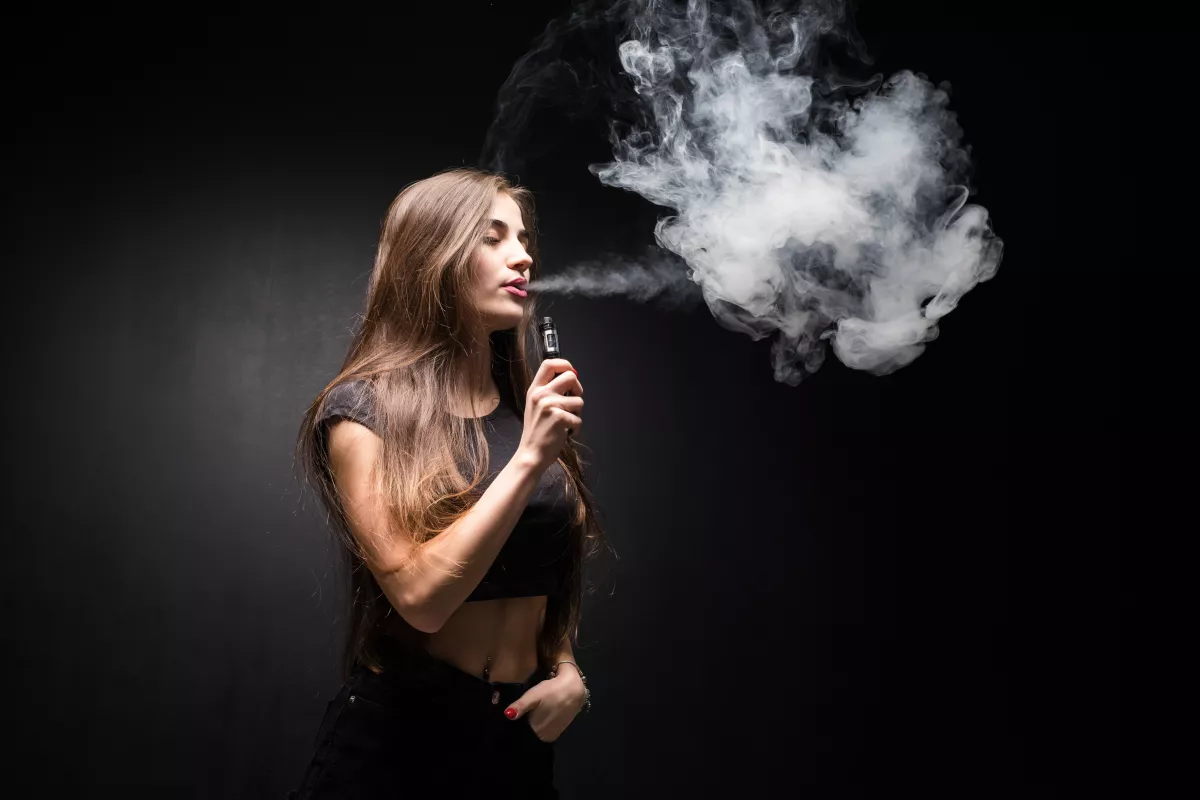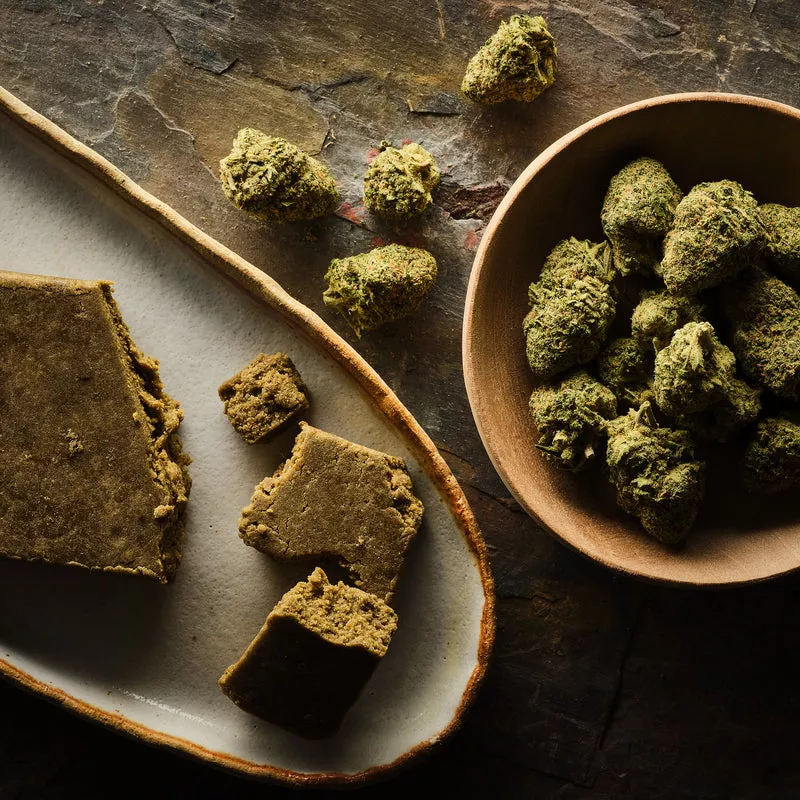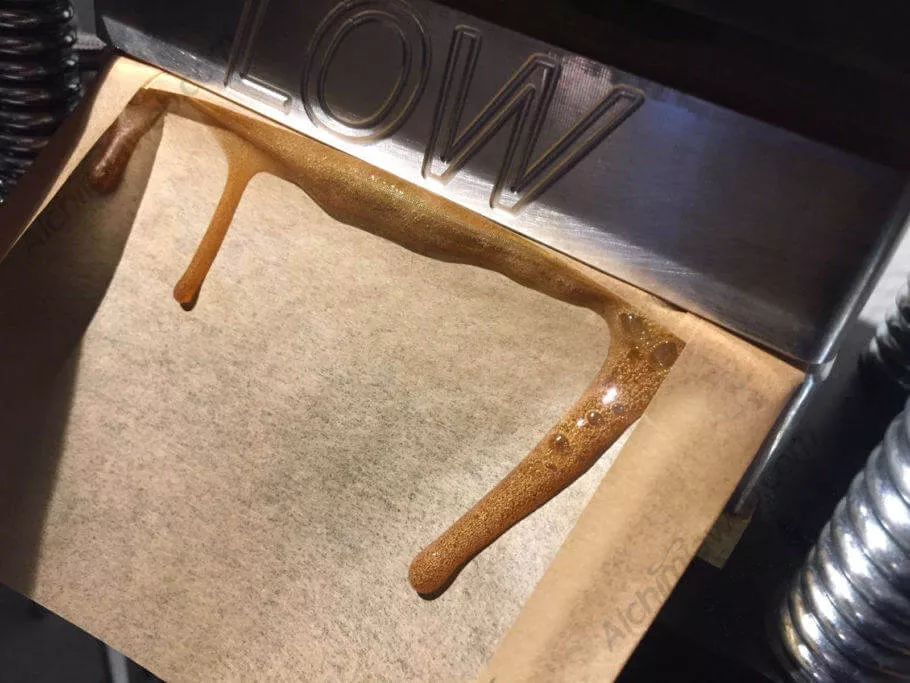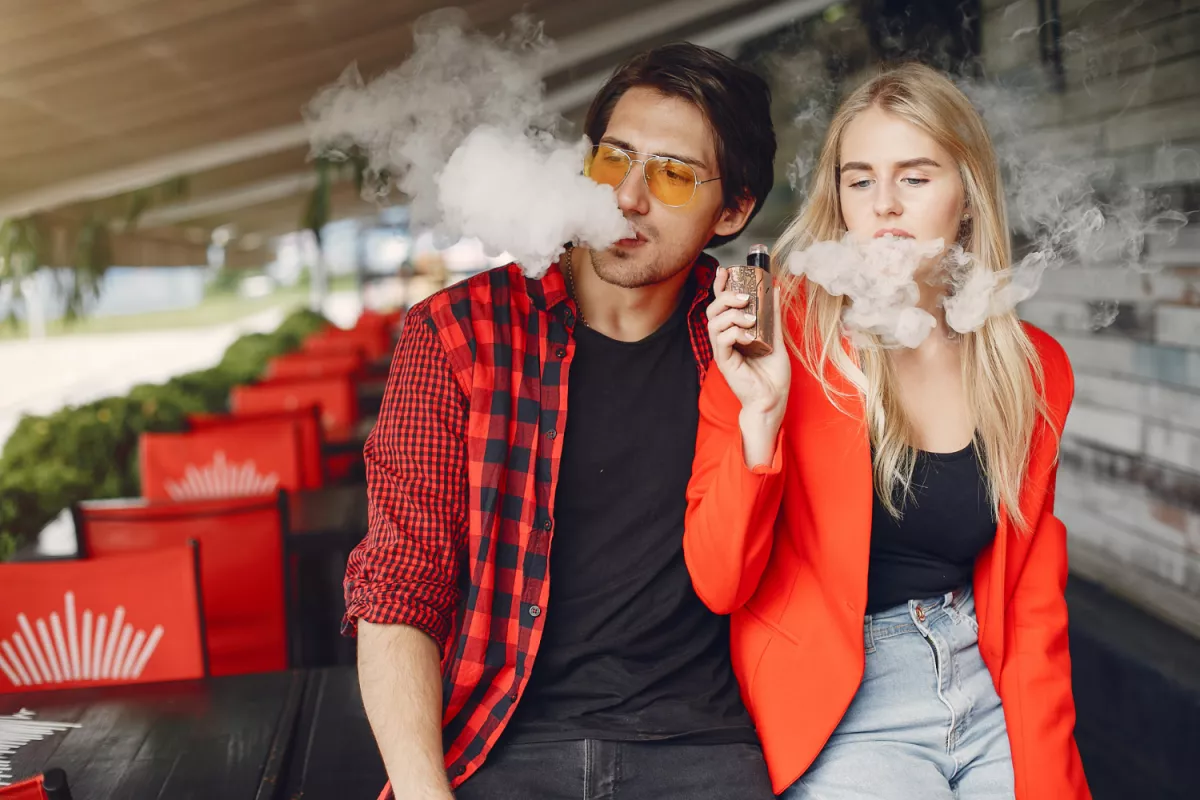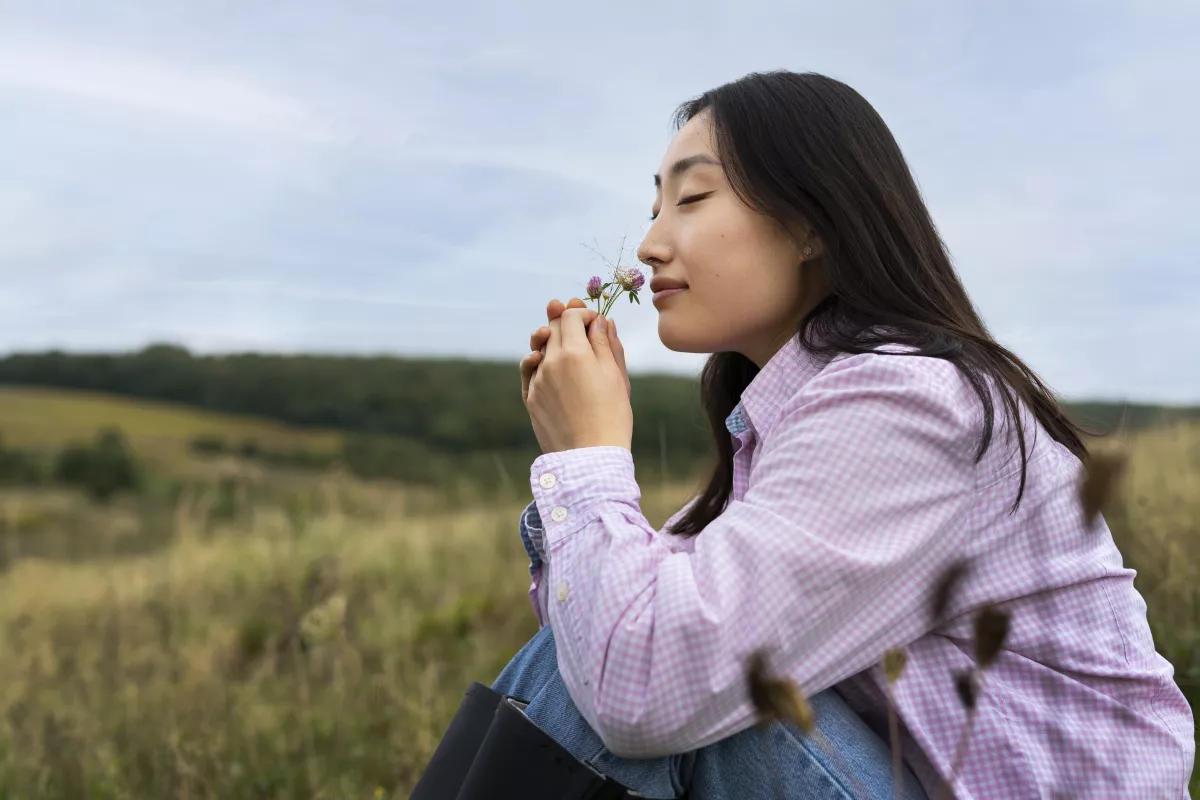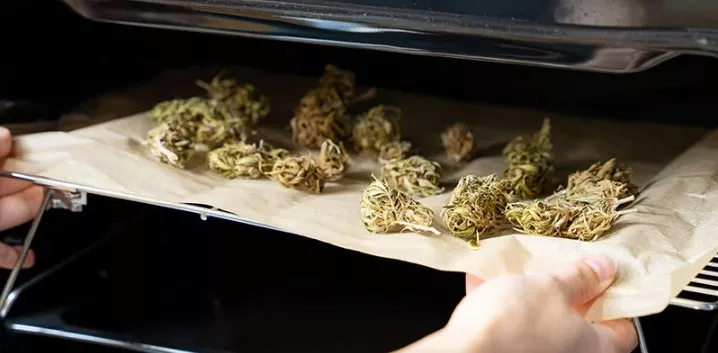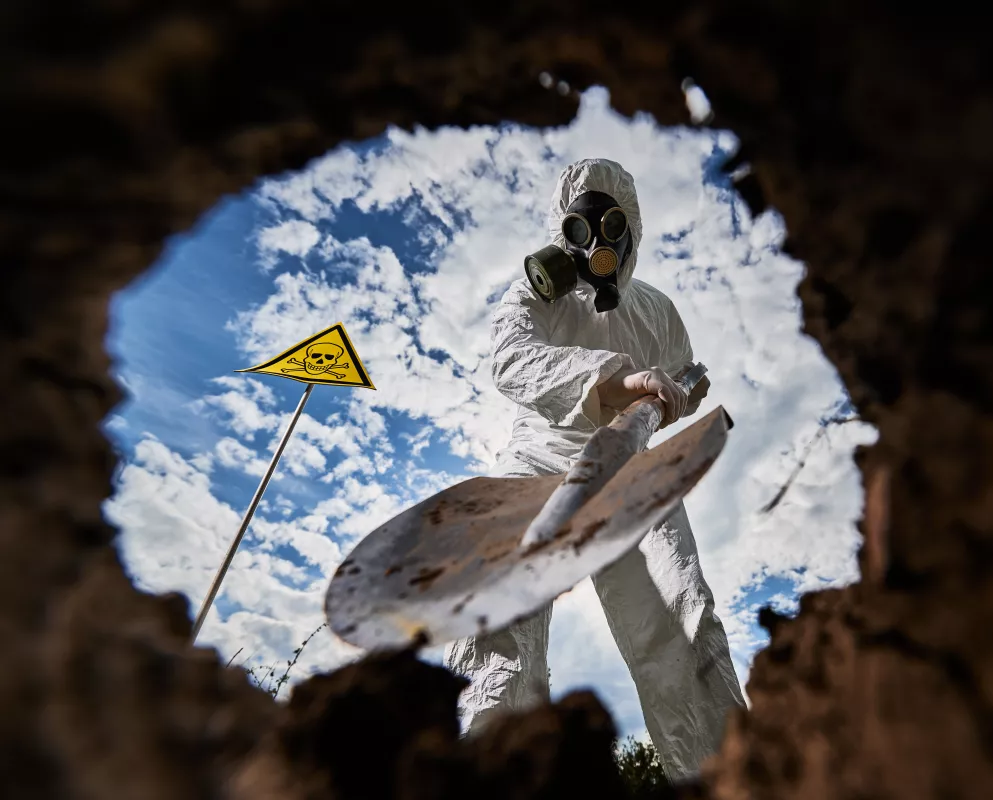- Shop All
- Type
- (144) THC>
- (75) CBD>
- Need
- Sleep>
- (21) Pain>
- (10) Anxiety>
- (6) Pets>
- (88) Edibles
- (14) CBD Edibles>
- (60) THC Edibles>
- (3) Ratio Edibles>
- (33) Hybrid Edibles>
- (87) Vegan>
- (5) Beverages>
- Strain
- (29) Indica>
- (24) Sativa>
- (47) Hybrid>
- (14) Tinctures
- (5) Anxiety Tinctures>
- (9) CBD Tincture>
- (1) Pain Tincture>
- (4) Ratio Tincture>
- (4) Sleep Tincture>
- (4) THC Tincture>
- (4) Capsules
- (1) CBD Capsules>
- (0) THC Capsules>
- (3) Ratio Capsules>
- Foggers
CBD for Anxiety Research
Lexie LivingstonFebruary 10, 2022LatestContents
CBD is the hottest new supplement on the market with a laundry list of ailments it helps alleviate. Unlike THC, CBD treats a variety of conditions without the risk for any psychoactive effects or “high” feeling. Despite acting on the same receptors as THC, CBD is non-habit forming and does not come with any of the traditional side effects commonly associated with pharmaceutical medications. Despite research on CBD and anxiety being promising, a lot of people may still be cautious. So, does CBD help anxiety? In this article, we’ll get into the research that has been done on using CBD for anxiety and recommend the best CBD for anxiety products available today.
How does CBD Oil for Anxiety Work?
There are several receptors in the human body. Receptors are chemical structures made up of proteins that are connected to your cells. Signals from various stimuli are received by them. CBD is thought to bind to the CB1 and CB2 receptors. The central nervous system and the peripheral nervous system contain the majority of these receptors. The specific mechanism by which CBD impacts CB1 receptors in the brain is unknown. It may, however, affect serotonin signals.
Serotonin, a neurotransmitter, is crucial to your mental well-being. People with depression frequently have low serotonin levels. Serotonin deficiency can lead to anxiety in some people. A selective serotonin reuptake inhibitor (SSRI) like sertraline (Zoloft) or fluoxetine (Prozac) is the standard treatment for low serotonin levels leading to anxiety and depression. SSRIs can only be obtained through a doctor's prescription. Some patients who use CBD oil for anxiety may be able to control their symptoms without the use of an SSRI.
For an interesting article on how CBD works for anxiety, click here.
What Research Has Been Done on CBD and Anxiety?
CBD interacts with the CB1R, the serotonin 5-HT1A receptor, and other brain receptors that govern fear and anxiety-induced behaviors, according to the authors of a 2015 review. Preclinical and clinical evidence confirmed CBD as an effective treatment for a variety of anxiety disorders, according to the review's authors, including: generalized anxiety disorder (GAD), post-traumatic stress disorder (PTSD), panic disorder (PD), obsessive-compulsive disorder (OCD), and social anxiety disorder (SAD). Here a are just a few of the studies showing the effectiveness in using CBD for anxiety:
- CBD reduced anxiety and discomfort during public speaking in adults with social anxiety disorder, according to a 2011 study.
- CBD was also proven to improve anxiety symptoms in persons with social anxiety disorder in another 2011 study.
- A study on the effects of CBD on persons with SAD was also published in 2011. A 400 mg CBD oil dosage for anxiety or a placebo was given to the participants orally. Those who were given CBD had lower anxiety levels overall.
- CBD may help with generalized anxiety disorder, panic disorder, social anxiety disorder, obsessive-compulsive disorder, and post-traumatic stress disorder (PTSD), according to an analysis of 49 research published in 2015.
- Male subjects in a 2018 study were given CBD before being put through a simulated public speaking test. The researchers discovered that a 300 mg oral dose given 90 minutes before the test greatly reduced the speakers' anxiety.
- In a 2019 study, 91 percent of 11 PTSD patients reported reduced symptoms after ingesting CBD for anxiety and depression.
- CBD was used in a 2019 study to help those suffering from anxiety and insomnia. In the first month, nearly 80% of patients reported better anxiety, and nearly 70% reported improved sleep, however the outcomes for sleep changed over time.
For an in-depth look at a 2015 study on CBD and anxiety, click here.
Research on CBD and Anxiety in 2020: What does it Say?
Researchers in New Zealand studied the effects of CBD in 397 individuals in a study published in 2020. Participants in the study were given medical CBD prescriptions for non-cancer pain, cancer-related symptoms, neurological symptoms, and mental health problems. After three weeks of CBD treatment, all groups reported an improvement in their general quality of life. Individuals who got CBD for anxiety and depression reported improved capacity to perform everyday duties as well as a reduction in pain and anxiety or depression symptoms.
70% of study participants said they were satisfied with their CBD treatment in some way, ranging from good to outstanding. Only 9.9% of those who took part in the study suffered negative side effects like drowsiness or vivid dreams.
Researchers examined the impact of CBD treatment on 72 persons with anxiety or sleep issues in a retrospective study. Most of the participants in the study took one 25mg capsule of CBD daily. Some took 50mg or 75mg. One patient with schizoaffective disorder and a trauma history received up to 175 mg/day. 78.1–79.2 percent of subjects reported improvements in anxiety symptoms after just two months of CBD administration.
In another study published in 2020, the authors looked at eight research studies that reviewed CBD's usefulness in treating a variety of anxiety conditions. The authors discovered evidence to support the use of CBD as a monotherapy or adjunct therapy for treating GAD, SAD, and PTSD. The CBD doses in the research, however, varied greatly, ranging from 6-400 mg each treatment. This discrepancy underlines the need for more high-quality, large-scale clinical investigations to help create standardized CBD dosage for anxiety with clinical usage guidelines.
What is the CBD Dosage for Anxiety?
Therapy using CBD for anxiety and depression does not yet have standardized dose recommendations, according to researchers and healthcare professionals. The amount of CBD a person takes to alleviate anxiety is determined not only by their individual body chemistry, but also by the specific product and how it is administered. The mode of delivery impacts how quickly cannabinoids take effect. Within 30 minutes to 2 hours, the benefits of orally taken CBD, such as tinctures, edibles, or capsules, begin to work. The effects of smoking or vaping CBD oil or cannabis buds are more immediate, in a matter of minutes. The same goes for a nano-infused CBD beverage, as you’ll start to feel the effects minutes after consuming it.
Oral CBD products are often used to reduce anxiety throughout the day due to them staying in the system longer. It may be beneficial to take these supplements first thing in the morning with some food. Smoking or vaping CBD oil can provide rapid relaxation, which may be beneficial during stressful situations, however, the effects do not last as long.
For an easy way to determine your starting CBD dosage for anxiety, click here.
Where Can I Find the Best CBD for Anxiety?
You can find the best CBD for anxiety and depression at Birch + Fog’s online store. We carry the highest quality CBD oil on the market today, in a variety of forms such as tinctures, capsules, vapes, edibles, and even bath and beauty products. We utilize third-party independent labs to verify that each and every product is safe, pure, and contains no contaminants or toxic ingredients. We take pride in our amazing products and deliver them right to your doorstep! Now, let’s get into our favorite CBD oil anxiety products!
1 CALM CBD Capsules | Birch + Fog
For a daily dose of zen, these capsules offer 25mg of full-spectrum CBD oil for anxiety. Designed specifically to combat stress and anxiety, CALM capsules provide an easy, consistent, yet effective way to get the healing powers of CBD. Taken in the morning, you’ll receive non-psychoactive and long-lasting benefits throughout the entire day. The recommended CBD dosage for anxiety is one softgel. It is always advised to wait at least 45 minutes to determine how your body reacts before taking more. As an added bonus, this product is available on a monthly subscription program with a savings of 20%.
Pros:
- 25mg of full-spectrum CBD per capsule
- Easy, consistent, and effective
- Long-lasting benefits throughout the day
Cons:
- Activation time may take 1-2 hours due to being in capsule form
Highlights:
- Designed specifically to combat stress and anxiety
- Available as a monthly subscription with 20% savings
2 Full-Spectrum CBD Vape Cartridge | Now + Then
For more immediate relief, this full-spectrum CBD vape will have you feeling relaxed in a matter of minutes. This luxury vape brings you the highest quality, CO2 extracted, full-spectrum CBD oil on the market today. The extraction method preserves the natural cannabis terpene profiles, flavonoids, CBD, CBN, and small amounts of THC. You’ll feel the potent entourage effect with maximum benefits in this smooth, relaxing vape experience. With only one ingredient, premium CBD extract, it’s as pure as can be. The recommended CBD oil dosage for anxiety is 2-3 draws up to twice daily to start. Dosage may be increased as needed.
Pros:
- CO2 extraction method preserves terpene profiles, flavonoids, CBD, CBN, and THC
- Smooth and relaxing vape experience
- Entourage effect with maximum benefits
Cons:
- Does not include pen battery
Highlights:
- Fast relief in minutes
- Only 1 ingredient, premium CBD extract
- Highest quality CBD on the market
Conclusion
Does CBD help anxiety? Research on CBD and anxiety is extremely positive, demonstrating that using CBD oil for anxiety and depression can be an effective treatment. Whether you are struggling with higher than normal levels or stress or a diagnosable anxiety disorder, there’s a CBD oil product that can help. Here at Birch + Fog, we carry the highest quality CBD oil anxiety products in tinctures, capsules, edibles, vapes, and even bath and beauty products. To shop our entire anxiety collection, click here!
0/5 (0 Reviews)Latestfrom B+FBe the first to know about exciting new products, special events, seasonal offers, and much moreOur Collective
Wellness to your doorstepCopyright © 2024 All Rights Reserved | BIRCH + FOG[gtranslate]Save your cart?
x

